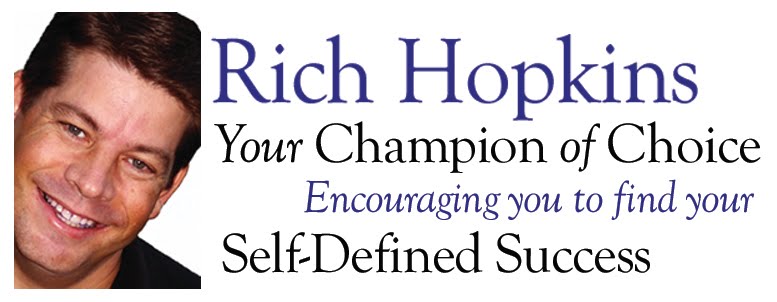This statement has led me to several philosophical discussions over the last few weeks.
I shared "No One Has The Same Truth" on Facebook, and it turned into a four hour debate over whether 2 + 2 is four. Interesting, certainly, to battle that particular battle, and a bit pointless. Is 2 + 2 = 4 a 'truth' or a 'result'? If I think of this problem, do I even see it in my head the same way you do, from the font we picture the numbers written in, to the items we're counting, to the method of adding?
Still, for the sake of expediency, I grant you that the answer is four, and that few people would legitimately say otherwise.
But does that mean the statement 'No One Has The Same Truth" is wrong? Depends on your definition of Truth. For me, Truth goes beyond a basic fact, and into a realm of greater perception.
For example, what does 'Fast' mean? Depends, doesn't it? On what you're used to, on the vehicle, on the weather, on the terrain. Assuming you're even applying the term to travel. You might have thought I meant it in terms of work or problem-solving or even abstaining from food.
No One Has The Same Truth because none of us have shared exactly the same experiences.
More important than debating this issue is what accepting this as Truth (ironically enough) can do for us as individuals. It frees us to feel whatever way we want to about anything. If something 'bad' happens, we don't have to automatically consider it bad. We can accept that there are other Truths about the event that we could accept and act on accordingly.
Would that be a helpful emotional tool to you the next time your car battery dies on you, or the next time you get laid off?
It also allows us to understand other people better. How many times in your life have you dealt with the frustration of thinking "they just don't get it!" or "I can't believe they think that"? How many times have you wondered why someone else was upset with you, and doubted the validity of their feelings once you found them out?
That anger and frustration can waste a tremendous amount of our time and energy. When we accept that 'No One Has The Same Truth', it becomes easier for us to move beyond a need to change the other person, and move towards changing our own approach with the other person, based on our understanding that we simply don't share the same Truth.
Where it may be most helpful, though, is how we look at ourselves. From the minute we're born, we react to outside stimula - and learn to judge ourselves through other people's Truth. Our entire self-image is dramatically affected by whose Truth we accept in our lives. If you had supportive, positive parents, you likely feel confident and self-assured. If you were beaten or otherwise mistreated, your Truth will likely be one of lower value than others around you. While I hear you thinking "these are generalizations, not Truths", stick with me, because that is exactly the point.
Once we realize that we control our Truth, we can choose to change it. If we had a lousy Dad and we grew up believing that we weren't worth their love, we can change that Truth to something else - anything else, frankly, that allows us to move on in a more positive direction. Maybe that Truth is that he wasn't mature enough, and that's not my issue, that's his. Maybe it's my parents were better off apart and he wouldn't have been good for me anyway, and that's their issue, not mine. Maybe it's that he was abducted by aliens, and its their fault, not yours OR his.
Whatever allows us to move on in a direction we want to go is a helpful Truth, as long as it doesn't lead us to hurting others. Depending on your definition of hurting others, I suppose - which brings us back to the circular argument, and where too many of us stay for too long instead of recognizing the power of being in control of our Truth.
The 'Truth' that 'No One Has The Same Truth' can be used for good or evil. Truth has always served those who so declare it to be Truth.
All I'm saying, and now applying daily, is that we can use our own 'Truth' to get us where we want to go instead of relying on other people's 'Truth' to validate our lives.
Do you think you can sell real estate, even in a bad economy? Do you think Internet Marketing is a scam? Do you believe you're not someone who can get in front of an audience and speak? Think about these and other statements, then ask yourself - "Who's Truth is This?"
There are people making money in real estate right now, and others are going broke. There are those losing money in Internet Marketing, others making a killing. There are people just like you speaking in front of audiences everyday. Whose Truth are you going to make yours? Can you conceive of creating a new truth just for you and your goals?
I watched four formerly morbidly obese people change their truth by running a marathon on the Biggest Loser two nights ago. Aron Ralston changed his 'Truth' from 'you don't want to cut off your own arm' (a widely shared belief), to 'I must cut off my own arm'. My wife changed her 'Truth' from 'Neurofibromatosis is a family curse sent by God' to 'Thriving with Neurofibromatosis'.
Once you learn to form your own Truths, believe in them, and act on them, your life cannot help but to reflect them. Choose your Truth - and you'll Choose your Life.
Tweet




No comments:
Post a Comment